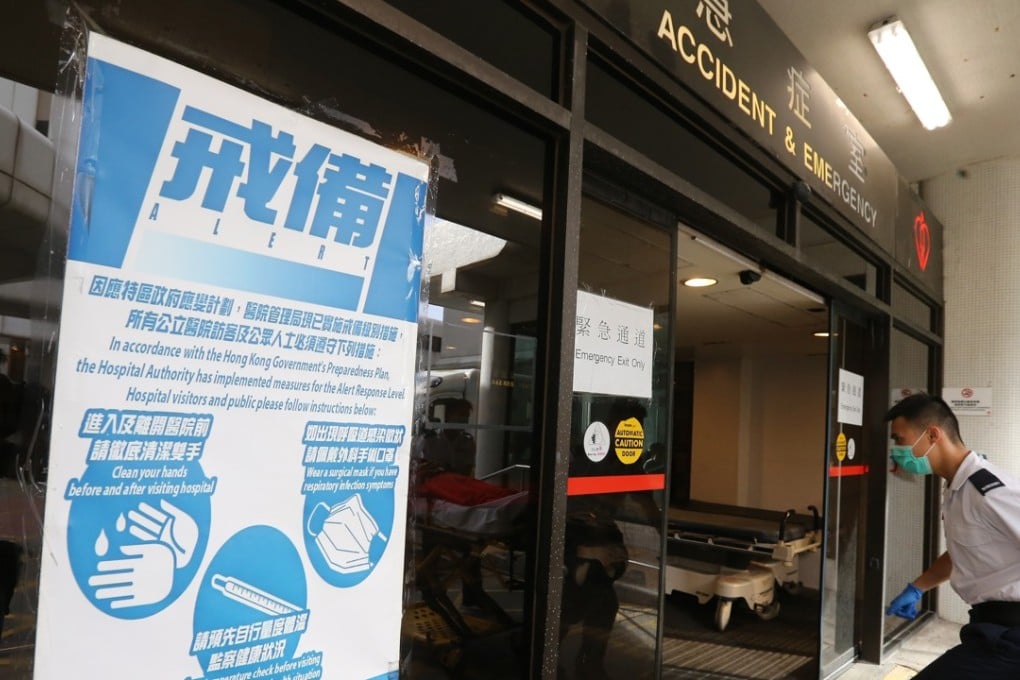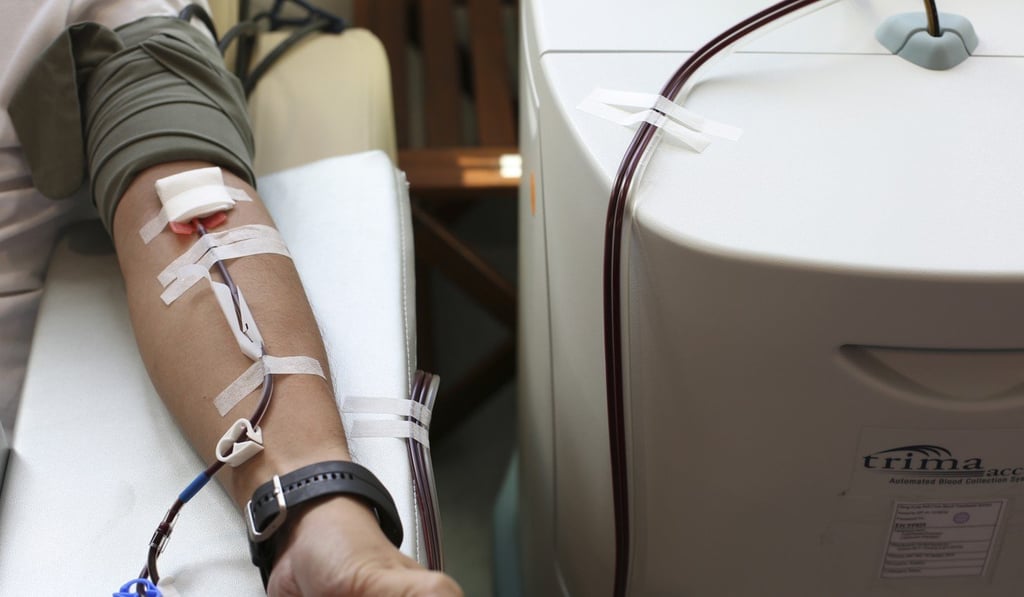Hong Kong tackles world’s first case of patient contracting Japanese encephalitis through blood transfusion
Globally unprecedented case puts focus on the city’s blood donation policy

Hong Kong health authorities are tackling the world’s first case of a patient contracting the potentially fatal mosquito-borne disease, Japanese encephalitis (JE), through a blood transfusion.
The 52-year-old man was fighting for his life at Queen Mary Hospital on Friday.
Doctors determined that two others received the same infected blood as the patient, who underwent a lung transplant at Queen Mary in May, followed by a blood transfusion at Grantham Hospital two weeks ago.

While the globally unprecedented case put the focus on the city’s current blood donation policy, which does not require testing for JE, health officials ruled out changing the system.
University of Hong Kong microbiologist Professor Yuen Kwok-yung said there was no need to start screening blood donations for JE as the chance of infection was very low.
“This is a very rare and unfortunate case,” he said, adding that the lung transplant operation could have made the patient more vulnerable to the JE virus.